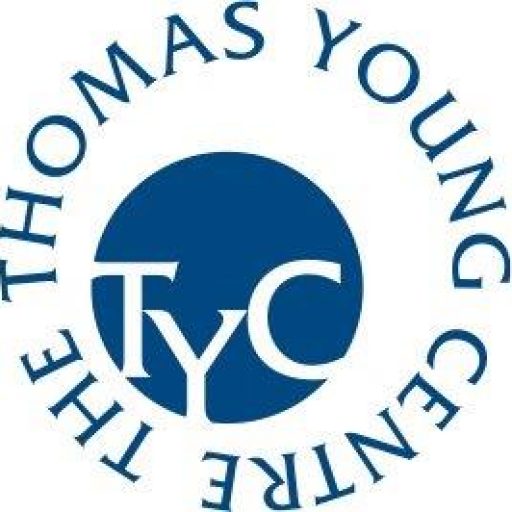
- This event has passed.
TYC Highlight Seminar: The Molecular Simulation Design Framework (MoSDeF): Capabilities and Applications
Peter Cummings, Heriot-Watt University
4 May 2023 @ 4:00 pm – 6:00 pm
Venue: G20, Department of Materials, Imperial College London

Molecular simulation plays an important role in many sub-fields of chemical engineering, just as it does in science and engineering in general. Soft matter systems (those easily deformed at room temperature – e.g., liquids, polymers, foams, gels, colloids, and most biological materials) are ubiquitous in chemical engineering, but they pose particular computational challenges since the differences in potential energy between distant configurations are on the same order as the thermal motion, requiring time and/or ensemble-averaged data to be collected over long simulation trajectories for property evaluation. Furthermore, performing a molecular simulation of a soft matter system involves multiple steps, which have traditionally been performed by researchers in a “bespoke” fashion. The result is that many soft matter simulations published in the literature are not reproducible based on the information provided in the publication, and large-scale screening (as envisaged in the Materials Genome Initiative) of soft materials systems is a formidable challenge.
To address the issues of reproducibility and computational screening capability, we have been developing the Molecular Simulation and Design Framework (MoSDeF) software suite, including the opensource mBuild (https://github.com/mosdefhub/mbuild) and Foyer (https://github.com/mosdefhub/foyer) packages. We will introduce MoSDeF and its capabilities in this presentation. We will also illustrate how, by combining with the Glotzer group’s Signacflow workflow manager (https://bitbucket.org/glotzer/signacflow), we have facilitated screening of soft matter systems over chemical/structural parameter spaces.
We will report results for two timely applications: lubrication of nanoscale devices featuring surfaces functionalized by monolayers in sliding contact, and understanding diffusion of ionic liquids in organic solvents (related to energy storage devices). In both cases, automation of the simulation through use of the MoSDeF tools enables screening and reproducibility.
Organised by:
Johannes Lischner
j.lischner@imperial.ac.uk
